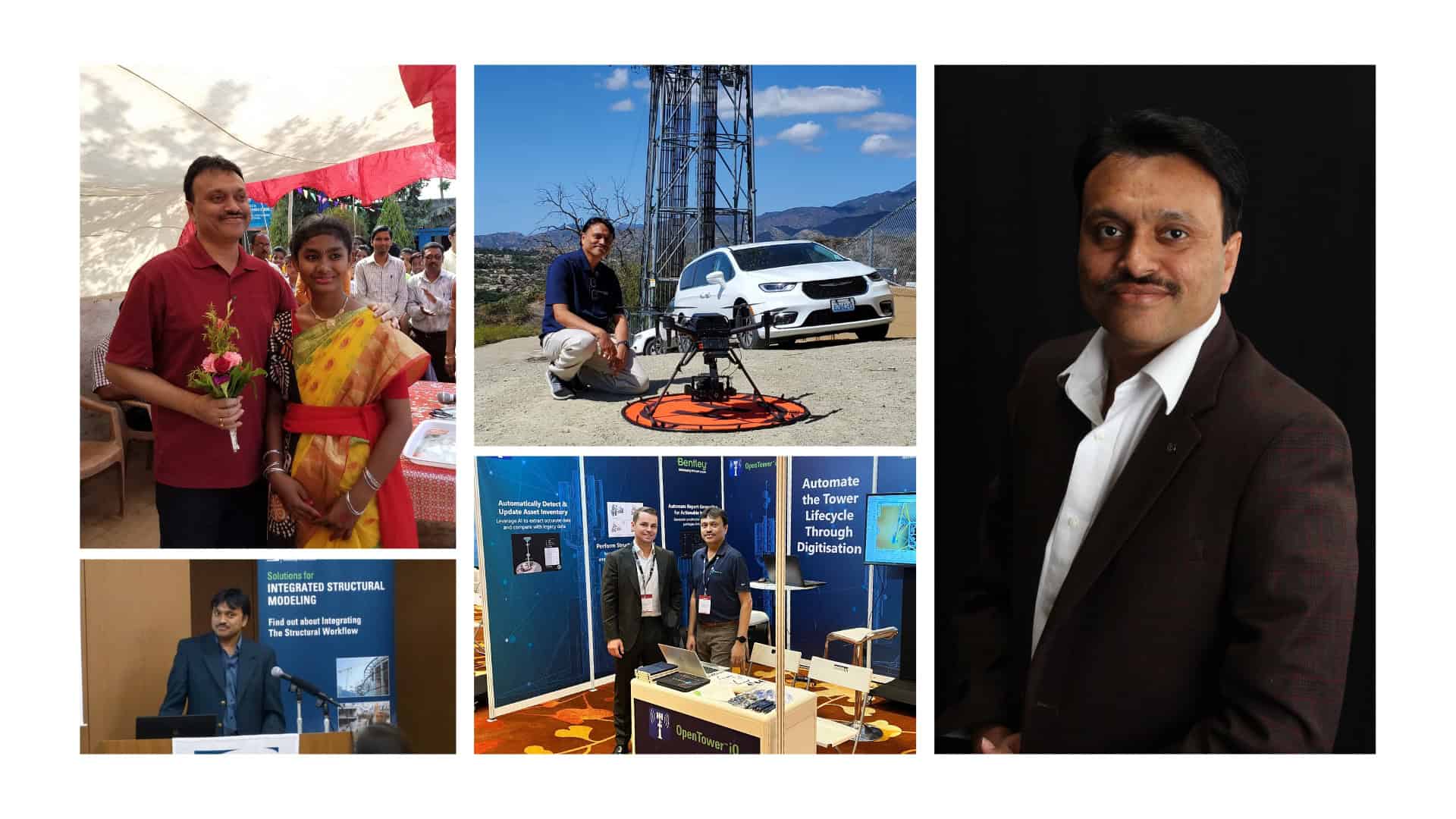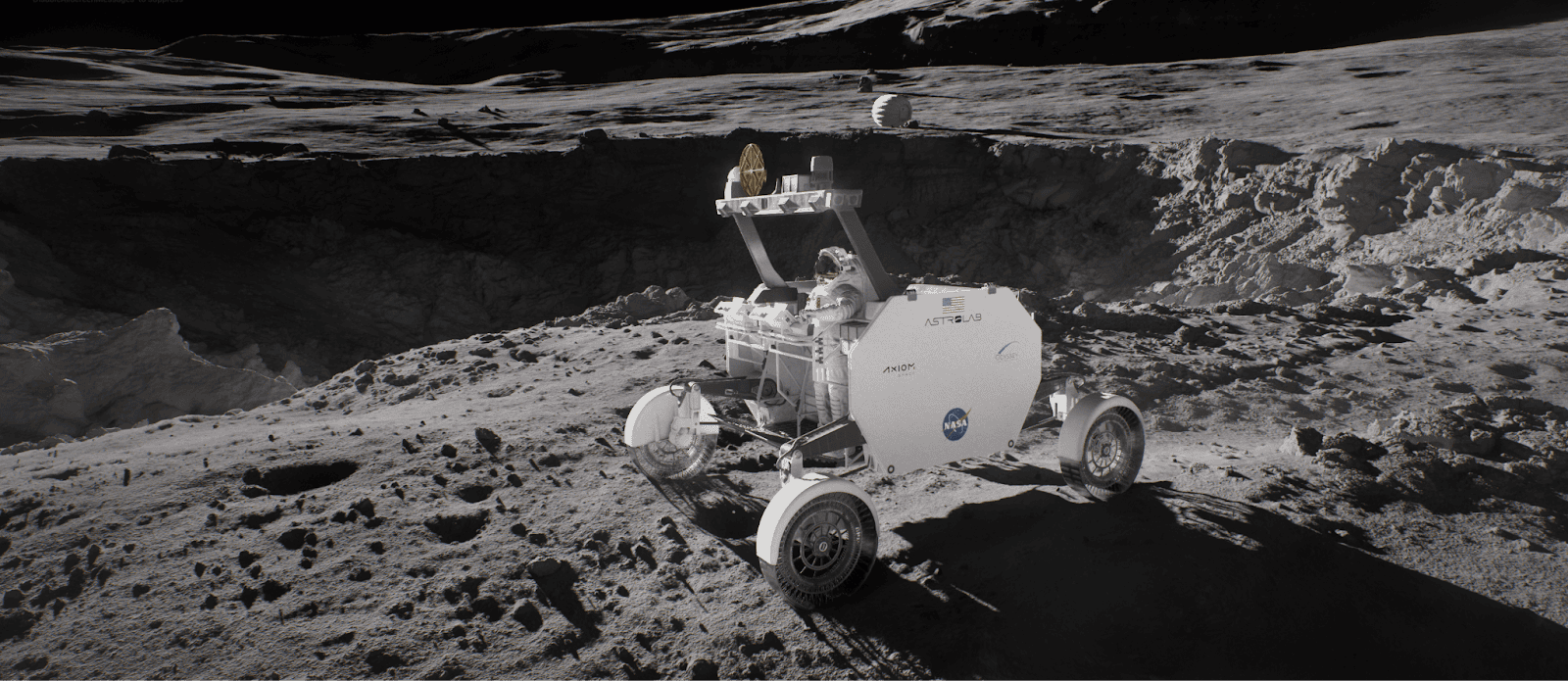Having a solid plan and the ability to assess risk while preparing to enter uncharted waters has helped Steve Ross become a successful scuba diver. The same skills guide him when he changes from his wetsuit into a suit and tie and walks into the office.
“Scuba feeds my love for adventure,” says Ross, who serves as chief information officer at EXP, an engineering and architecture firm based in Chicago. “Every time I dive, I see something new and learn something. Having the right tools, good communication and a healthy understanding of risks make my dives safer and more rewarding. And this translates well to my job as a CIO.”
Ross, whose team helps EXP make the right technology and strategy decisions, has seen a lot of change in the infrastructure industry. “We are experiencing a level of change in the industry that’s unprecedented,” Ross says. “Experts tell us that we’ll see more change over the next two years than we’ve seen in the last hundred.”
Just like diving into unexplored waters, change can be scary. But Ross welcomes it. He knows that change brings opportunity and growth.
Collaboration is Key
Over the last 30 years, the architecture, engineering and construction (AEC) industry moved from analog to computer-aided design (CAD). Then from CAD to design-assist technologies, which allowed contractors to join the design team earlier in the project, improve collaboration and reduce costs.
“Now we find ourselves in a full 3D environment, where we design in 3D and then provide rich digital models as part of that delivery in a digital twin environment,” Ross says.
Bentley Systems, an infrastructure engineering software company, has been an integral partner in EXP’s digital journey. Bentley’s project delivery software, ProjectWise, simplifies the process of designing and constructing infrastructure by bringing people and data together on a unified platform.
Though stakeholders from various disciplines and organizations often work in disparate programs unique to their roles, ProjectWise enables them to seamlessly store, share, collaborate and validate complex project data to reduce errors and improve quality in less time. The data generated by individual projects can then be used across the organization’s entire project portfolio for additional efficiency and productivity gains.
“ProjectWise allowed our internal teams to work with our distributed teams across North America as well as our partners, contractors and clients,” Ross says.

Challenges of Change
When Ross joined EXP in 2017, he set a goal to make technology a strategic differentiator and ensure EXP was a firm at the forefront of technology change. Today, that vision helps EXP win new work and fosters a culture that embraces technological change. This, in turn, helps with employee recruitment and retention.
“I talk to our recruiters, and during the interview process, we’re getting a lot of questions from applicants about our technology,” Ross says. “They’re looking for firms that they can see as making investments in technology and moving forward, because people want to work for organizations that challenge them, do good work, do exciting things and have the best tools.”
Leaning into the fast pace of change also means more disruption. Successful leaders must find that delicate balance between risk and value, between being uncomfortable and being more efficient. Finding that equilibrium allows them to stay ahead of the competition and grow their business while keeping their employees happy and loyal.
Ross says that each significant technological change in the industry has caused organizations to pause and evaluate the new landscape. Many of them often wait for requirements, legislation or client demand instead of embracing uncertainty to push their businesses forward.
“It is a leap of faith, that’s not always what people want to hear,” Ross says. “Many people I speak with in the industry are waiting for that perfect project to be able to evaluate and start change. They are waiting for that project with a longer timeline, a bigger budget or one that provides them with the space to experiment. And usually that perfect project never comes.”
As a CIO, Ross knows how to lead his teams, strengthen processes, foster collaboration and use technology to build a strong, successful organization. As a diver, he knows how to assess risk, utilize reliable tools, and reduce vulnerability, all while experiencing adventures very few will have. Having that mindset – that ability to embrace and welcome the unknown – makes him successful both above and below the water.









